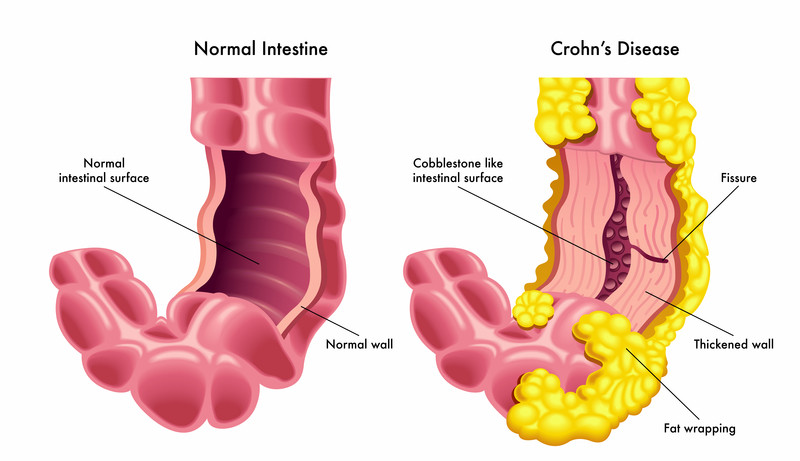Colon Cancer Genomics
(BRAF, ERBB2, KRAS, NRAS, RET)

- KRAS G12C mutation (found in 3% of mCRC) Sotorasib (AMG 510)
- (HER2) amplifications is a negative predictive biomarker for anti-EGFR therapies.
Found in ~3%-4% of patients with mCRC and in 6%-8% of patients with KRAS-wild-type mCRC. - BRAF V600E mutations occur in up to 12% of mCRCs and are nearly always mutually exclusive with KRAS This mutation is associated with worse prognosis and predicts a poorer response to anti-EGFR treatment.
- Based on the similar OS rates for doublet and triplet combinations, Encorafenib/ Cetuximab is currently recommended in the chemotherapy- refractory setting of BRAF V600E-mutated
- HER2-positive mCRC; Number of Trastuzmab based treatments have been (ie: T-DM1, Trastuzumab/Pertuzumab, Trastuzumab/ Lapatinib etc)
- Trastuzumab Deruxtecan in HER2-positive mCRC, showed a meaningful improvement in terms of ORR, PFS and OS; 30% of these patients had previously received anti-HER2
- MSI is found in 5% of mCRC and is a biomarker of response to immunotherapy in the metastatic The anti-programmed cell death protein 1 (PD-1) agent Pembrolizumab has been tested in mCRC in several clinical trials. Across studies, the ORR was 40%.
- NTRK fusions have been reported in 5% of mCRC patients. In mCRC, rearrangements in NTRK genes are more commonly detected in MSI-H tumours and wild-type BRAF/ KRAS/NRAS. Larotrectinib and Entrectinib have produced dramatic and prolonged responses in gastrointestinal malignancies with NTRK fusions.
- Blockade of EGFR Over Expression with the monoclonal antibodies (mAbs) Cetuximab or Panitumumab is effective in RAS wild-type CRC.
- At relapse, the majority of patients develop RAS mutations, while a subset of patients acquires EGFR extracellular domain Overcoming RAS Mutations in mCRC (40%) Predicts a Negative response to EGFR inhibitors.